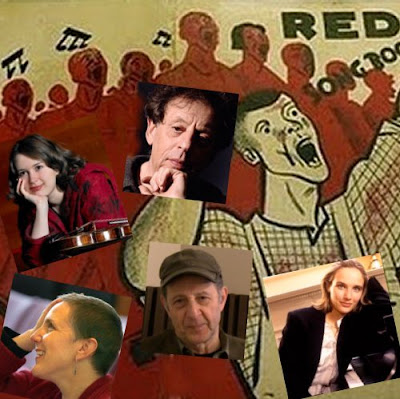It's official - mindfulness increases audience engagement
'Attention can be modified. It doesn't have to be done chemically or by changing the environment. Human beings have the capacity to learn to self-regulate their attention, and when you do that it increases the quality of typical, everyday experiences. Listening to music mindfully can be a powerful way of increasing your quality of life. We really found significant increases in the participants' aesthetic and flow experience. Some were intense. They were really in the zone.'That quote comes from University of Oregon assistant professor Frank Diaz. A link to his research was added by a reader to my recent post about how all the fashionable audience engagement initiatives do precisely the opposite to what is intended, because they generate distractions and degrade the listening experience. In a paper that appeared in the journal Psychology of Music last year, Frank Diaz reported how he empirically measured an increase in focused engagement among student participants who listened to ten minutes of classical music after being exposed to a fifteen minute mindfulness exercise.
In his recent widely quoted article 10 things that we should change in classical music concerts, conductor Baldur Brönnimann advocated, without any supporting evidence at all, changes including allowing use of mobile phones (in silent mode) and the taking of drinks into the auditorium. Baldur Brönnimann claims, again without any supporting evidence, that such distracting changes are necessary "to attract a new, younger and more engaged audience". Yet the academically rigorous research carried out at the University of Oregon shows that doing precisely the opposite of what Brönnimann advocates increased audience engagement among a student sample. In fact the headline for the article summarising the research clearly states: 'Mindfulness meditation heightens a listener's musical engagement'. As I asked in my original post, how long can classical music ignore the glaringly obvious?
Also on Facebook and Twitter. Any copyrighted material on these pages is included as "fair use" for critical analysis only, and will be removed at the request of copyright owner(s).









Comments